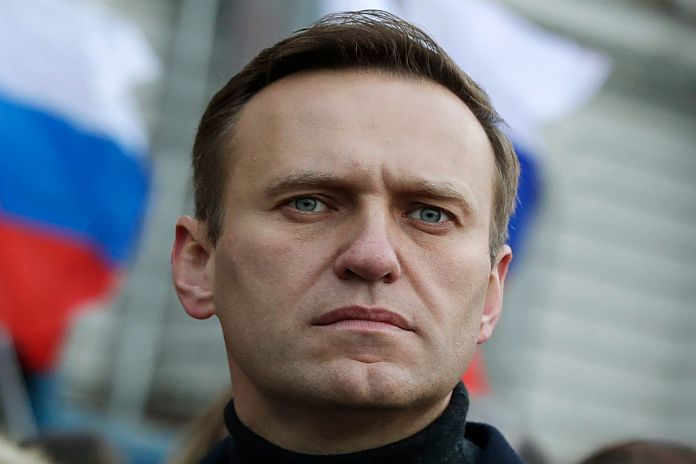MOSCOW/BELGIUM – The European Union is deeply concerned about reports that the Russian opposition politician Alexei Navalny’s health in the penal colony continues to deteriorate even further. We call on the Russian authorities to grant him immediate access to medical professionals he trusts.
The Russian authorities are responsible for Navalny’s safety and health in the penal colony, to which we hold them to account.
As a continuation to the clear messages passed during the High Representative’s visit to Moscow in February regarding the situation of Navalny, the EU will continue to call for his immediate and unconditional release as we consider his sentencing politically motivated and running counter to Russia’s international human rights obligations. In this regard, we also expect Russia to fulfil its obligations under the European Convention on Human Rights, including to comply with the interim measure of the European Court of Human Rights with regard to the nature and extent of risk to Navalny’s life.
The European Union has condemned the poisoning of Navalny in the strongest possible terms and imposed sanctions in October last year on six Russian senior officials and one entity involved in the assassination attempt. In addition, under its Global human rights sanctions regime, the EU imposed sanctions on four individuals in February over their roles in the arbitrary arrest, prosecution and sentencing of Navalny.
The Navalny case is not an isolated incident but confirms a negative pattern of a shrinking space for the opposition, civil society and independent voices in the Russian Federation.
The European Union, together with its partners, will continue to call on Russia to urgently investigate the assassination attempt through poisoning on Navalny in full transparency and without further delay, and to fully cooperate with the Organisation for the Prohibition of Chemical Weapons (OPCW) to ensure an impartial international investigation.
The European Union will revert to this issue during the upcoming meeting of EU foreign ministers on Monday, April 19.





